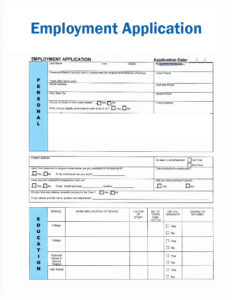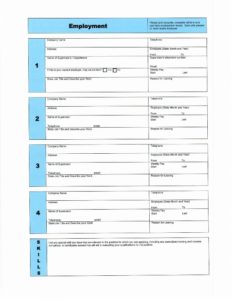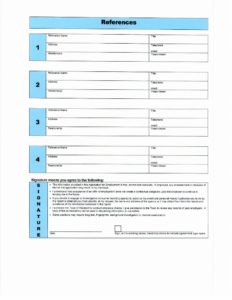How to stand out with your recruiting efforts!!!!
Randi Frank of Randi Frank Consulting LLC speaks about how you can stand out with your recruiting efforts from focusing on the correct places to advertise, and developing a profile that highlights your specific agency and the position and what you really need for great candidates and using a questionnaire to screen the top candidates. Take a listen.
If you have any questions feel free to contact Ms. Frank at [email protected] or review her website for samples of Executive Searches conducted. Randi Frank Consulting can help you with full recruitment services, executive searches or just portions of the process.






